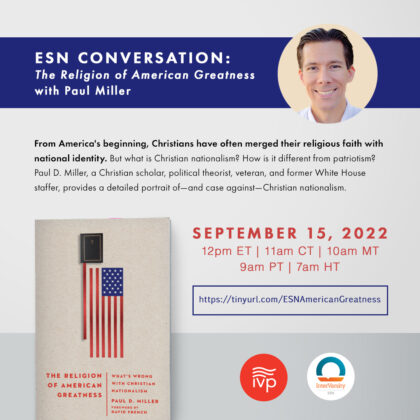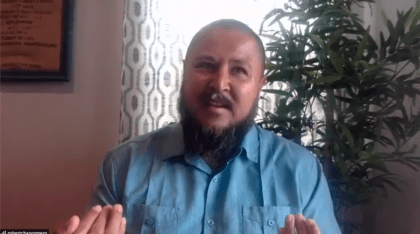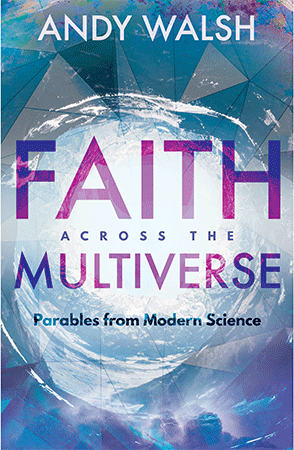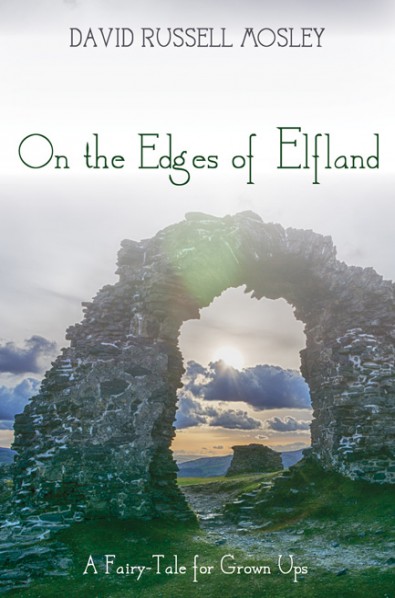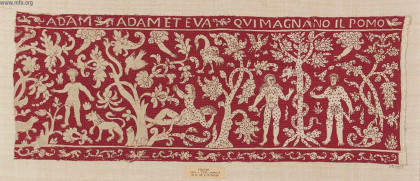ESN Conversations is going into its third year and has become a place where ESN members have the opportunity to interact with thoughtful Christian scholars about important questions of academic and cultural import. Our YouTube channel now includes over 30 conversations extending back over two years and has enjoyed over 3300 views and a growing (free) subscriber base. Our past conversations are a great resource for personal listening, a video (or just audio if you want) discussion of a book you are interested in, or a … [Read more...] about Emerging Scholars Network Conversations: Autumn 2022
Author
Do Christians Care About Social Justice? 500 Years of the Brown Church
Are Christianity and social justice incompatible? Or are they deeply integrated in ways that many Americans have forgotten or ignored? According to Robert Chao Romero, author of the new book Brown Church, Christians have much to learn from a 500 year history of Latina/o social justice, theology, and identity that even many Latina/os are unfamiliar with. Speaking today at the Emerging Scholars Network is Dr. Robert Chao Romero (@ProfeChaoRomero), author of The Brown Church: Five Centuries of Latina/o Social Justice, … [Read more...] about Do Christians Care About Social Justice? 500 Years of the Brown Church
Faith Across The Multiverse Book Club Event
Beginning September 30th, join us for a grand conversation on Faith across the Multiverse: Parables from Modern Science with author, Andy Walsh. Yes, that's the weekly ESN science blogger! Since Andy's part of our network, I thought I'd ask him a few quick questions: … [Read more...] about Faith Across The Multiverse Book Club Event
Author Interview: David Russell Mosley
We caught up with ESN blog author David Russell Mosley to learn about the two books he has released in the past year or so. We hope you enjoy hearing about David's recent publications. You can also browse his ESN posts here. 1. ESN: Would you give a brief description of your novel and your nonfiction book? David: Absolutely! I'll start with the novel: My novel, On the Edges of Elfland, is about a young man named Alfred Perkins. He grew up in a small English village called Carlisle where his godfather, Mr. … [Read more...] about Author Interview: David Russell Mosley
Interview with John Walton
ESN Writer Mark Hansard interviews John Walton, author of The Lost World of Adam and Eve. See Mark's review of the book here. … [Read more...] about Interview with John Walton
